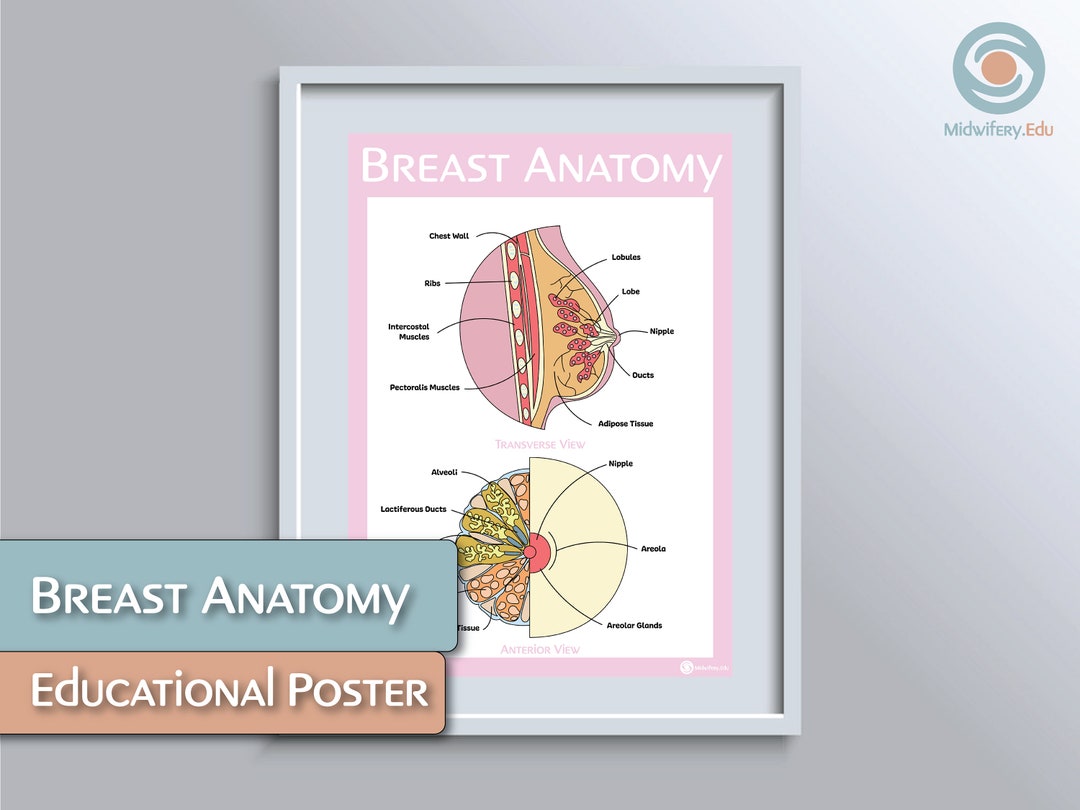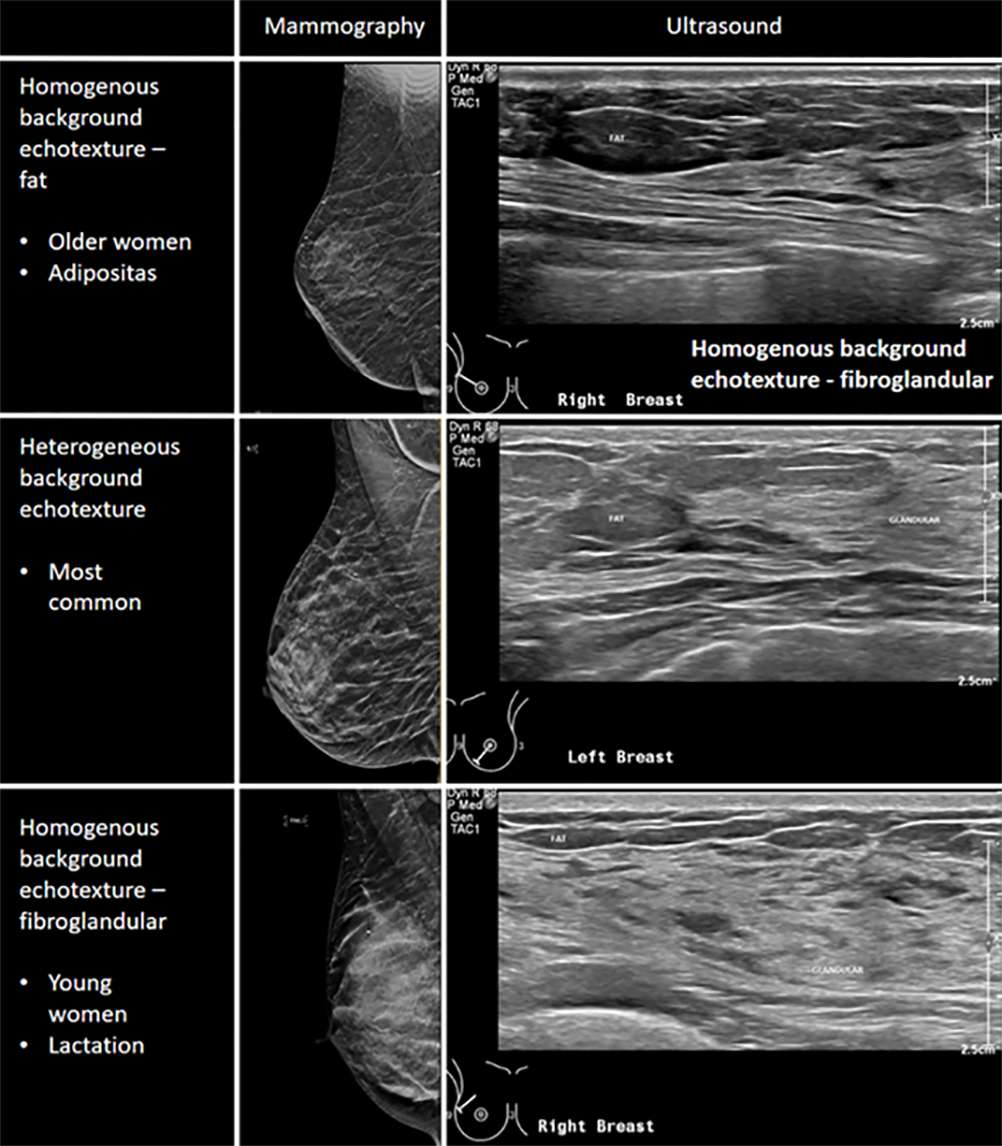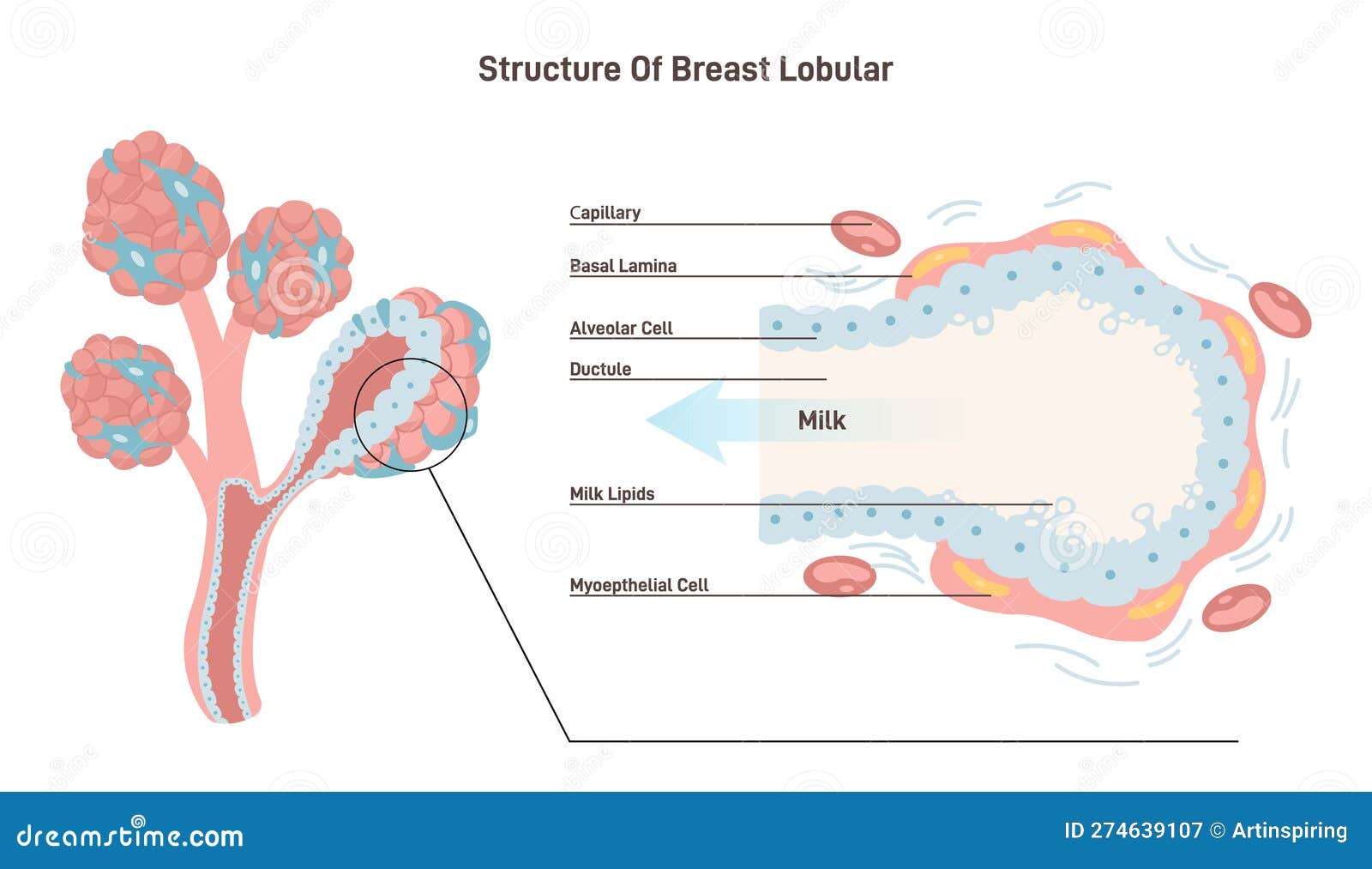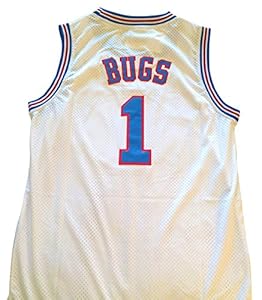Breast cancer is a pervasive issue affecting millions of individuals and families worldwide. According to the World Health Organization, breast cancer is the most commonly diagnosed cancer and the leading cause of cancer-related deaths among women. In 2020 alone, approximately 2.3 million women were diagnosed with breast cancer globally. As the statistics illustrate, the journey through breast cancer is often fraught with emotional and physical challenges. One way that friends, family, and support networks can show their love and encouragement is through the use of breast cancer cards. In this article, we explore how these cards serve as powerful tools for support and solidarity, offering hope and connection to those affected by the disease.
The Role of Breast Cancer Cards

Breast cancer cards are more than just pieces of paper; they are heartfelt messages that convey empathy, encouragement, and solidarity. They can take various forms, including greeting cards, postcards, or handmade notes. Here are some key roles they play:
- Emotional Support: Cards provide an avenue for individuals to express their feelings and thoughts, allowing recipients to feel less isolated.
- Commemoration: Cards can mark significant milestones, such as the completion of treatment or survivorship anniversaries.
- Awareness and Education: Many cards include information about breast cancer awareness, prevention strategies, and resources for support.
- Encouragement: Uplifting messages can inspire hope and positivity during challenging times.
Creating Connection Through Personalization

One of the most impactful aspects of breast cancer cards is their personalized nature. When a card is tailored to the recipient’s journey, it fosters a deeper emotional connection. Here are ways in which personalization can enhance the significance of these cards:
- Handwritten Notes: A handwritten message can convey sincerity and effort, making the card feel special.
- Shared Memories: Including a personal memory or inside joke can remind the recipient of their strength and resilience.
- Customized Artwork: Many individuals create or choose artwork that resonates with the recipient’s experience, adding a unique touch.
- Quotes or Poems: Including a meaningful quote or poem can provide inspiration and comfort.
Examples of Impactful Breast Cancer Cards

Several examples highlight how breast cancer cards have made a difference in individuals’ lives. Here are a few case studies:
Case Study 1: A Survivor’s Journey

Sarah, a 42-year-old breast cancer survivor, shared her experience of receiving a breast cancer card from her best friend during treatment. The card featured a powerful quote: “You are braver than you believe, stronger than you seem, and smarter than you think.” This simple message resonated deeply with Sarah, providing encouragement during her most challenging days. She credits the card for lifting her spirits and reminding her that she was not alone in her fight.
Case Study 2: Family Support
When Emily was diagnosed with breast cancer, her family rallied around her with a series of cards, each one focusing on a different aspect of her journey. Her mother sent a card on the day of her first chemotherapy session, while her sister followed up with a card celebrating Emily’s halfway mark through treatment. The cumulative effect of these cards helped Emily feel supported and loved throughout her ordeal.
Case Study 3: Community Efforts

A local support group for breast cancer patients initiated a “Card Campaign,” where members were encouraged to create and exchange cards. This initiative not only fostered community among members but also allowed individuals to share their stories and experiences. Participants reported feeling more connected to others and less isolated in their journeys.
The Psychological Benefits of Receiving Cards
Research has shown that receiving supportive messages can have significant psychological benefits. A study published in the Journal of Cancer Survivorship found that patients who received supportive messages reported lower levels of anxiety and depression. Here are some psychological benefits associated with receiving breast cancer cards:
- Increased Sense of Belonging: Cards serve as reminders that loved ones are thinking of the recipient, fostering a sense of community.
- Enhanced Coping Strategies: Positive messages can help individuals develop healthier coping mechanisms during difficult times.
- Boosted Morale: Uplifting messages can inspire hope and resilience, encouraging individuals to maintain a positive outlook.
- Validation of Feelings: Cards that acknowledge the recipient’s struggles can validate their experiences, making them feel heard and understood.
Creating Your Own Breast Cancer Cards
Creating breast cancer cards can be a therapeutic activity for both the giver and the recipient. Here are some tips for crafting meaningful messages:
- Choose the Right Materials: Use quality cardstock or decorative paper to make the card visually appealing.
- Use Color and Imagery: Incorporate colors that symbolize hope, such as pink, along with uplifting images or illustrations.
- Keep It Simple: A heartfelt, straightforward message can often be more impactful than an elaborate one.
- Include Resources: Consider adding information about local support groups, hotlines, or cancer resources that could be helpful.
Community Involvement and Fundraising

Beyond individual support, breast cancer cards can also play a role in community efforts and fundraising initiatives. Many organizations create cards that can be purchased, with proceeds going toward breast cancer research or support programs. Here are a few notable initiatives:
- Art for a Cure: Artists donate their work to be featured on cards, with proceeds benefiting breast cancer research.
- Awareness Campaigns: Organizations often distribute cards during breast cancer awareness month to promote education and support.
- Card-Making Events: Community events that encourage card-making for patients can foster camaraderie and awareness.
Breast cancer cards serve as powerful symbols of support and solidarity for those affected by this devastating disease. Through personalized messages, emotional connections, and community involvement, these cards provide comfort, encouragement, and a sense of belonging. As we continue to raise awareness about breast cancer, let us also recognize the profound impact that a simple card can have on an individual’s journey. Whether creating your own card or sharing one from a community initiative, the act of sending a message of hope can make a significant difference in someone’s life, reminding them that they are not alone in their fight against breast cancer.




